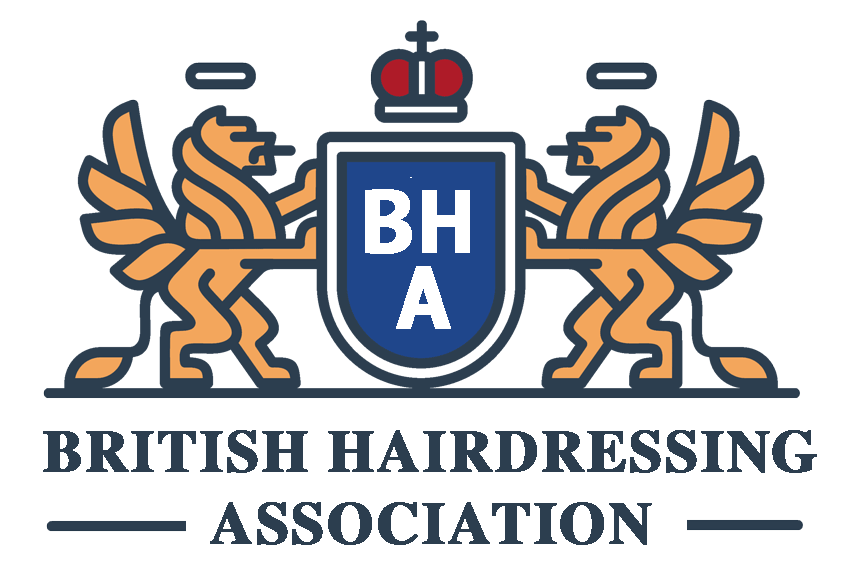Are there any laws or regulations specific to hairdressing jobs in the UK?
Are there any laws or regulations specific to hairdressing jobs in the UK?
Yes, there are laws and regulations specific to hairdressing jobs in the UK. Hairdressers are subject to several legal requirements to ensure the safety and well-being of both the professionals and their customers. Here are some key regulations hairstylists must adhere to:
1. Health and Safety at Work Act: Under this act, hairdressers are required to provide a safe working environment, ensuring proper training, equipment, and practices to minimize the risk of accidents and injury.
2. Control of Substances Hazardous to Health (COSHH): Hairdressers often work with chemicals such as hair dyes and styling products. COSHH regulations mandate that employers minimize the exposure to hazardous substances, provide protective equipment, and ensure proper storage and labeling of chemicals.
3. Electrical Equipment Safety: Hair salons use various electrical equipment such as hair dryers, curlers, and straighteners. These devices should be inspected regularly to meet the safety standards set by the Electrical Equipment (Safety) Regulations.
4. Data Protection: Hair salons often collect personal information from customers, including contact details and preferences. Compliance with the General Data Protection Regulation (GDPR) is crucial to protect customer data and ensure its secure storage and usage.
5. Registration and Licensing: It is important for hairdressers to comply with local authority requirements, ensuring they are properly registered and licensed to practice their trade. This may include obtaining relevant qualifications, certifications, and memberships with professional bodies like the Hairdressing Council.
By adhering to these laws and regulations, hairdressers in the UK prioritize the safety and well-being of their clients and maintain professional standards in the industry.
Note: To optimize this FAQ for search engines, ensure the title includes relevant keywords such as “hairdressing jobs UK laws,” “UK regulations for hairdressers,” or “hairdressing industry legal requirements in the UK.” Additionally, incorporate relevant keywords naturally throughout the answer, including phrases like “hairdressing jobs,” “hairdressers in the UK,” and “hair salon regulations.”


